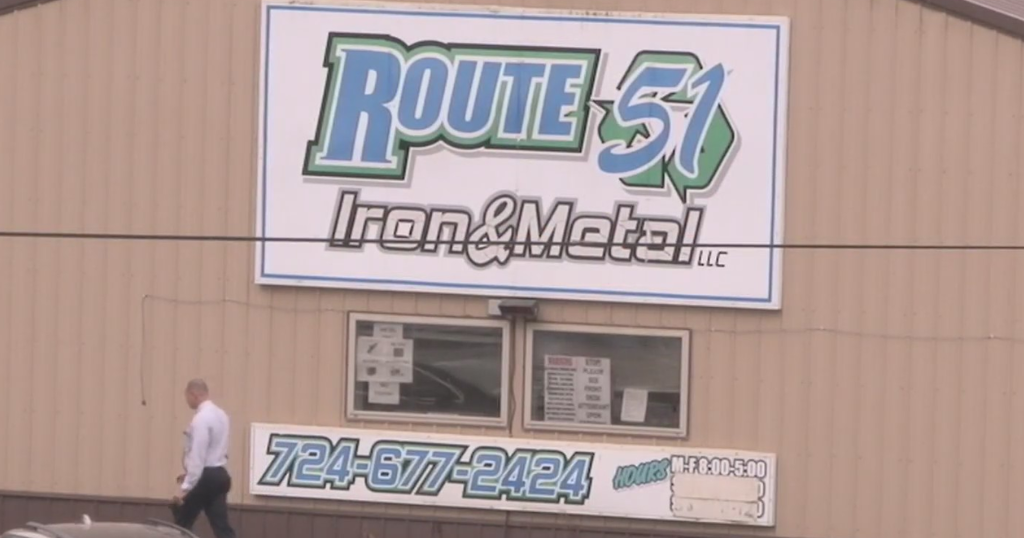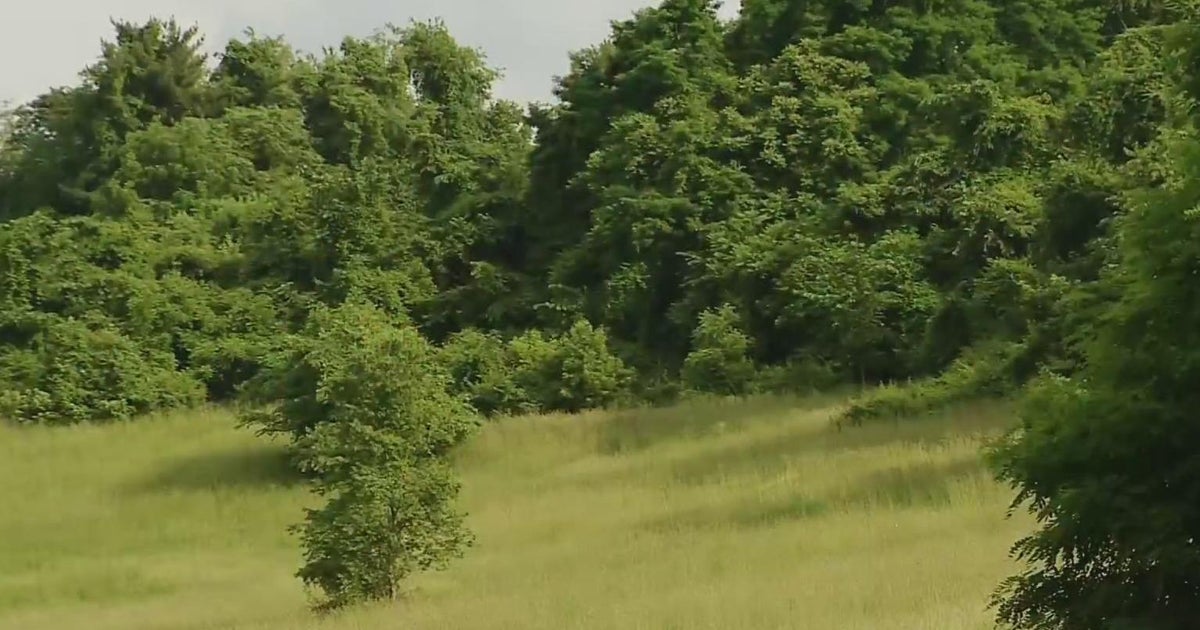Advisory In Effect As Temperatures Plunge, Wind Chills Dip To 15-20 Below Zero
Follow KDKA-TV: Facebook | Twitter
PITTSBURGH (KDKA) -- The coldest air so far this season is moving into western Pennsylvania.
As the East Coast deals with snow and high winds, temperatures here are plunging towards zero, and they are expected to stay that way through the first part of the weekend. But the wind chill will make it feel worse.
CBS's Kenneth Craig Reports:
"The core of the coldest air will be on top of us late tonight and through the day [Friday]," KDKA Chief Meteorologist Jeff Verszyla.
Because of that, a Wind Chill Advisory has been issued for much of the area. It begins at 7 p.m. tonight and continues through 3 p.m. Saturday.
Gov. Tom Wolf is urging all Pennsylvanians to be prepared for the weather ahead.
In a press release, he said: "Cold temperatures can be damaging to our health, the health of our seniors and the health of our pets. I urge all Pennsylvanians to take steps to make sure they are prepared for these cold temperatures and to check on neighbors and watch out for one another."
State officials are urging people to check on their elderly neighbors, don't keep pets outside for too long and slow down on the roads.
Verszyla says locally we can expect wind chills 15-20 below zero.
"By first thing [Friday] morning, the air temperature will be right around zero with cold skies, 2 degrees by 9 a.m., but we want to factor in the wind because wind is a big part of the equation moving forward," he said.
WEATHER LINKS:
Delays & Closings | Current Conditions | Local Radar | Traffic Conditions | Weather App | Photos
Those frigid temperatures and brutal wind chills have medical experts urging anyone who has to be outside for any period of time over the next two days to bundle up and cover all exposed skin.
"You could develop problems with soft tissue injuries within several minutes if you have exposed skin," said Dr. Jason Briggs, of St. Clair Hospital emergency medicine.
The cases of hypothermia rolling into emergency rooms are growing as the temperatures dip, and they're avoidable if you pay attention to the signs.
"Difficulty with sensation, can't feel things, difficulty with discoloration, difficulty with moving the digits or extremities - that's concerning," said Dr. Briggs.
KDKA's John Shumway Reports:
What does discoloration mean?
"It can be anything from redness or whiteness, changing the appearance of the skin all the way up to dead tissue that can look black or neurotic," Dr. Briggs said.
All the areas of thin skin are vulnerable. The key is exposure, and the reality is, we simply can't cover everything, and sometimes even being covered is not enough.
"If you have wet shoes or very cold feet in a cold environment, there is a soft injury you can get called trench foot that can cause problems," Dr. Briggs said.
Saving your skin is as simple as getting everything rewarmed.
"Water is what we would use here in the ER department to treat a frostbite injury," said Dr. Briggs.
But the water temperature is important.
"You want to use warm water, not hot water because you don't want to burn yourself," he says. "That would be a problem."
Just warm everything up gradually, and Dr. Briggs says these temperatures don't mean you have to become a hermit - to and from your car, or in an out of stores shouldn't be risky.
So for a few minutes as long as you are covered well, you should be okay.
Another danger in these cold temperatures is the improper use of space heaters.
KDKA's John Shumway Reports:
"Space heaters are not clothes dryers," says Pittsburgh Bureau of Fire Chief Darryl Jones. "People will throw something wet or cold over the heater hoping it will dry faster."
A heater should not be left too close to something that could easily burn.
"You want to keep them at least three feet away from any combustibles, furniture, curtains. things like that," said Chief Jones.
If it's electric, experts say plug it directly into the wall and never use an extension cord.
"I've seen them where the ends of the extension cords actually melted because of the resistance and the amount of electricity being pulled through the cord, and if it can melt, it can catch fire," said Andy Amrhein, of Evey True Value Hardware.
Also, never put gasoline in a kerosene heater, and when you leave the room, make sure you turn it off.



